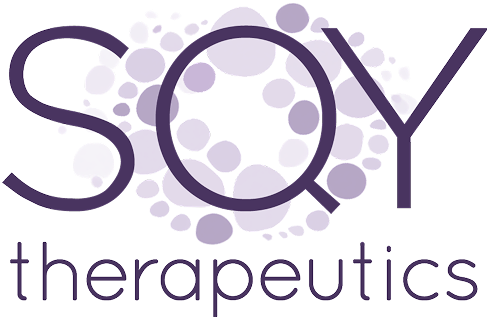SQY Therapeutics, a biotechnology company specializing in antisense oligonucleotides (AONs), announces the completion of the first part of the AVANCE-1 clinical trial (Phase 1/2a). During this phase, twelve boys with Duchenne Muscular Dystrophy, eligible for exon-51 skipping of the DMD gene, each received a dose escalation to study the pharmacokinetic characteristics of the experimental product SQY51. AVANCE-1 has now entered its second phase, with the primary objective of evaluating the safety and tolerability of SQY51 treatment over several months.
SQY Therapeutics announces the completion of the first part of its AVANCE-1 trial after the twelfth patient included in the study completed his dose escalation at the end of December 2024 (6 intravenous administrations at increasing doses of the experimental product: 2, 4, 6, 10, 16, and 25 mg/kg).
The second part of the study, aimed at consolidating safety data and evaluating the pharmacodynamics of the SQY51 molecule, began in August 2024.
Patients who completed the first part of the trial were divided into 3 cohorts, each treated with a different dose of SQY51 (10, 16, and 25 mg/kg) administered as a weekly infusion for four weeks, followed by a one-month break, repeated four times. For each participant, the study lasts at least 32 weeks, after which the evolution of safety and efficacy biomarkers, as well as the production of restored dystrophin, will be quantified. The study is expected to conclude in the third quarter of 2025.
Preclinical studies indicate that SQY51 has a satisfactory safety profile and is capable of reaching all organs and tissues affected by the disease. The expected result is that SQY51 restores dystrophin production where it is needed to slow down or even halt the progression of the disease in Duchenne patients concerned with exon 51 skipping.
For more details on the AVANCE-1 clinical trial: NCT05753462 on ClinicalTrials.gov
About Duchenne Muscular Dystrophy
Duchenne Muscular Dystrophy (DMD) is a genetic disease causing progressive degeneration of all muscles. It is caused by abnormalities in the DMD gene (mutation), located on the X chromosome, which codes for a protein called dystrophin, essential for the proper functioning of muscle fibers. The disease affects approximately one in 3,500 boys at birth. It results in relentless and highly disabling muscle degeneration. Generally, boys lose the ability to walk between the ages of 10 and 13, and respiratory assistance is often required from adolescence. Cardiac muscle involvement is life-threatening.
About SQY51
SQY51 is an antisense oligonucleotide designed to hybridize to a specific site on the pre-mRNA transcribed from the DMD gene, so that certain elements of the mutated gene are excluded during mRNA maturation (exon skipping) to restore the production of functional truncated dystrophin. Most often, antisense oligonucleotides are small chains of 15 to 30 nucleotides (bases A, C, G, T) chemically modified to ensure their stability in the body. SQY51 uses non-natural nucleotides from the “tricyclo-DNA” family. These have the advantage of being very stable and hybridizing more effectively with their RNA target than their natural counterparts.
About SQY Therapeutics
SQY Therapeutics is a biotechnology company initiated by parents of boys with muscular dystrophy and researchers. Its goal is to implement clinical R&D programs for genetic diseases, particularly Duchenne Muscular Dystrophy. The start-up SQY Therapeutics was founded in 2015 and hosted at the UFR Simone Veil – Santé of the University of Versailles. Located close to the scientific and university hospital environment of UVSQ, SQY Therapeutics is developing a unique technological platform focused on tricyclo-DNA in Saint-Quentin-en-Yvelines, with the aim of promoting new therapeutic solutions for highly disabling diseases for which current care offerings remain unsatisfactory.
